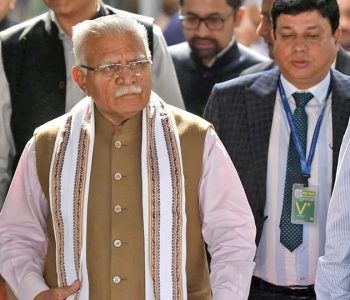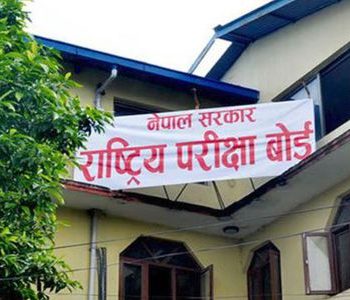Govt extends social security scheme to temporary and contractual employees

KATHMANDU: In a significant move to enhance social protection, temporary and contractual employees working in various government bodies across Nepal are now eligible to enroll in the Social Security Scheme. The decision, effective from the first day of the Nepali New Year 2082 (April 14, 2025), was formalized through a notice published in the Nepal Gazette, as announced by Danduraj Ghimire, Acting Secretary of the Ministry of Labour, Employment and Social Security.
The scheme covers employees in institutions, corporations, boards, authorities, and establishments that are fully or partially owned by the Government of Nepal, provincial governments, or local bodies. This includes a wide range of public sector entities, ensuring broader access to social security benefits for non-permanent staff.
Under the new provision, employees can join the Social Security Fund by registering as contributors. The contribution is calculated based on at least 60 percent of their current salary, which is designated as the basic salary for the scheme. Employers will contribute 20 percent, while employees will contribute 11 percent of this amount. This framework is in line with the Social Security Act, 2074 (2017) and the Social Security Regulations, 2075 (2018).
The decision, initially approved on March 28, 2025 (Chaitra 15, 2081), was implemented following its publication in the Gazette. This development is expected to bring significant relief to thousands of temporary and daily-wage workers in government institutions, offering them access to benefits such as pensions, medical coverage, maternity protection, and other social security provisions.
The inclusion of non-permanent employees in the Social Security Scheme marks a progressive step toward ensuring equitable labor rights and financial security for a previously underserved segment of the workforce. The Ministry anticipates that this initiative will improve the livelihoods of temporary workers and set a precedent for inclusive social protection policies in Nepal.













Facebook Comment